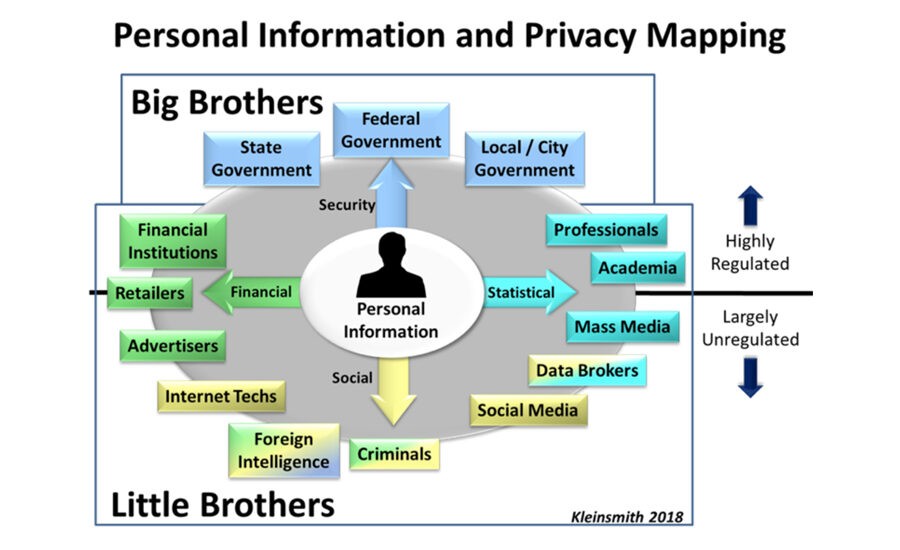
In a striking admission that highlights the shifting balance of power between government and private industry, U.S. intelligence agencies have been directed to expand and deepen their partnerships with major corporations, acknowledging that private companies now possess greater knowledge and capabilities than traditional state intelligence services.
A newly revealed Intelligence Community Directive 406, signed in January 2024, instructs spy agencies to "routinize" their relationships with what it euphemistically calls "non-state entities" (NSEs) - primarily referring to major corporations. The directive even encourages agencies to accept greater risks in pursuing these partnerships.
The underlying reality is stark: major corporations have surpassed many nation-states in both wealth and access to information. Companies like Apple now possess financial resources exceeding all but four countries globally. Where intelligence agencies once focused on gathering secrets from foreign governments, they now find themselves needing to tap into the vast data repositories of tech giants.
William Burns, then-CIA Director, acknowledged this power shift at a recent cybersecurity summit, noting that private industry now drives innovation, unlike decades ago when government led research and development efforts. The intelligence community struggles to compete with corporate salaries and benefits, relying heavily on appeals to patriotism for recruitment.
The directive outlines several mechanisms for closer cooperation, including streamlined security clearance processes and new protocols for sharing classified information with private entities. It specifically authorizes "one-time read-ins" allowing corporate personnel access to intelligence without traditional security clearances.
This development raises concerns about the concentration of power in corporate hands. While the directive attempts to prevent preferential treatment of specific companies, questions remain about potential conflicts of interest, especially given the close relationships between some tech executives and government officials.
The shift represents a remarkable role reversal - rather than private industry seeking government favor, intelligence agencies now find themselves courting corporate partnerships to maintain their effectiveness. As one FBI official noted, their surveillance capabilities pale in comparison to what major tech companies can access.
This new reality suggests a fundamental transformation in the nature of power and intelligence gathering, where corporate entities have become indispensable partners - or perhaps silent overseers - of traditional state security apparatus.